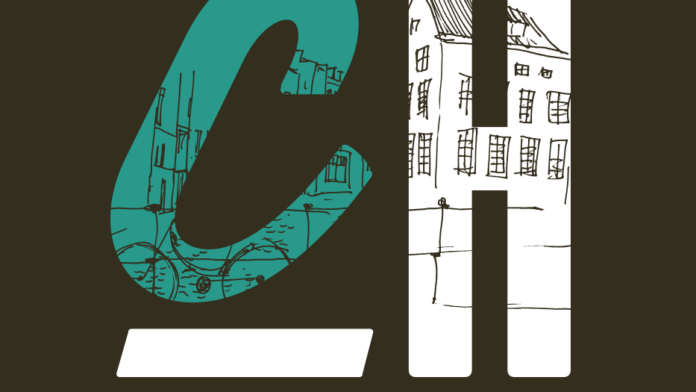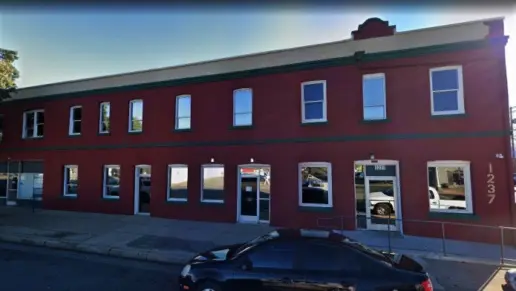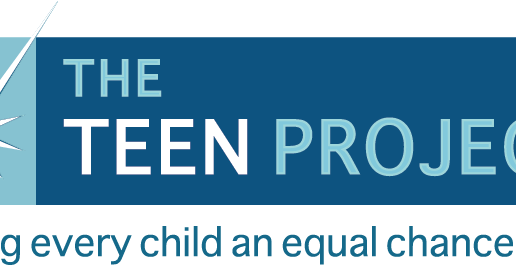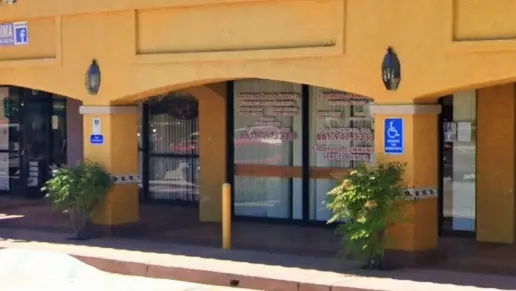About The Chadwick House
Chadwick House is located in Huntington Beach, California. They specialize in substance abuse residential treatment for women. They’ve sober living and residential care.They accept multiple types of private health insurance providers.
Their clinic employs a style of intervention that combines structure with support to allow you to participate in therapeutic activities while also feeling safe. These activities are one-on-one therapy, doing chores, and partaking in assignments/packets and skills groups to help you learn how to live a new life without drugs.
Programs and services at Chadwick House are individualized to the needs of each client. This is the level of customization that ensures an individual gets a consistent and proper dual approach to therapy, as emotional focuses can conflict with physical ones. Chadwick House specializes in holistic recovery and combines traditional addiction treatment with other services such as mental health for those dealing with dual diagnoses.
The Chadwick House is a suitable choice for all those looking to recover from addiction. The nearby downtown Huntington Beach’s sober living care offers both emotional and practical assistance throughout the process.
Gallery
Location
Other Forms of Payment
Self-pay involves paying for treatment out of your own pocket. You can use savings or credit, get a personal loan, or receive help from family and friends to fund your treatment. If you don't have insurance or your insurance plan doesn't cover a specific program, self-pay can help ensure you still get the care you need.
Addiction Treatments
Levels of Care
Treatments
The goal of treatment for alcoholism is abstinence. Those with poor social support, poor motivation, or psychiatric disorders tend to relapse within a few years of treatment. For these people, success is measured by longer periods of abstinence, reduced use of alcohol, better health, and improved social functioning. Recovery and Maintenance are usually based on 12 step programs and AA meetings.
Drug rehab in California teaches participants constructive ways to stay clean and sober. Treatment revolves around helping individuals stop using the substance they are addicted to and learn healthy habits to avoid relapse.
Substance rehabs focus on helping individuals recover from substance abuse, including alcohol and drug addiction (both illegal and prescription drugs). They often include the opportunity to engage in both individual as well as group therapy.
Clinical Services
Group therapy is any therapeutic work that happens in a group (not one-on-one). There are a number of different group therapy modalities, including support groups, experiential therapy, psycho-education, and more. Group therapy involves treatment as well as processing interaction between group members.
In individual therapy, a patient meets one-on-one with a trained psychologist or counselor. Therapy is a pivotal part of effective substance abuse treatment, as it often covers root causes of addiction, including challenges faced by the patient in their social, family, and work/school life.
Contact Information
18700 Beach Blvd.
Suite 255
Huntington Beach, CA 92648



